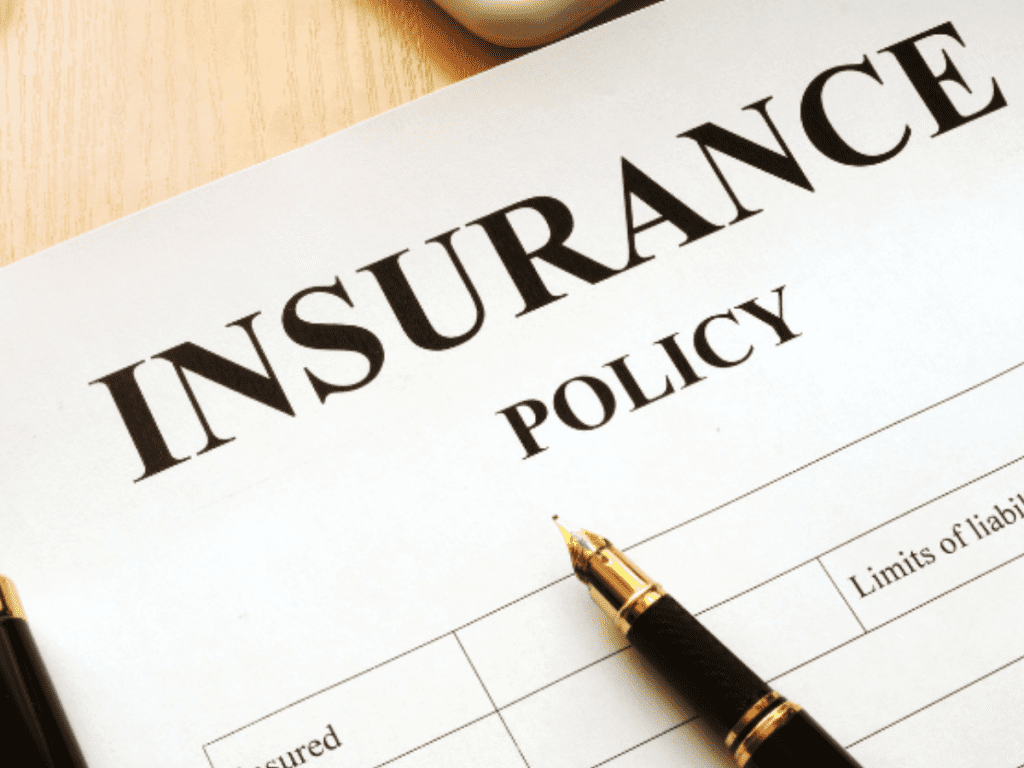Introduction
Disability insurance is one of the most overlooked yet critical components of a comprehensive financial plan. Many people prioritize life insurance, retirement savings, and emergency funds without realizing that the risk of disability can pose a significant threat to their financial stability. In this article, we will explore why disability insurance is essential, how it works, and what you should consider when choosing a policy. By understanding the importance of disability insurance, you can take proactive steps to safeguard your income and ensure financial security for yourself and your family.
Understanding Disability Insurance
Disability insurance is designed to provide income replacement if you become unable to work due to illness or injury. While many people associate disabilities with catastrophic events, such as accidents or severe illnesses, the reality is that disabilities often result from conditions like back pain, mental health disorders, or chronic illnesses. According to statistics, one in four workers will experience a disability that prevents them from working for an extended period before reaching retirement age. This statistic underscores the importance of having a safety net in place.
There are two main types of disability insurance: short-term and long-term. Short-term disability insurance typically covers a portion of your income for a few months, often up to six months, while long-term disability insurance provides benefits for a more extended period, ranging from several years to until retirement age. Both types of policies play a crucial role in ensuring financial stability during periods when you are unable to work.
Why Disability Insurance Is Crucial
The primary reason disability insurance is essential is that your ability to earn an income is one of your most valuable assets. Imagine losing that income due to an unexpected disability. Without a steady source of earnings, you may struggle to pay for basic living expenses, medical bills, mortgage payments, and other financial obligations. Disability insurance acts as a financial lifeline, replacing a portion of your income and helping you maintain your standard of living.
Moreover, disabilities can occur at any time and affect people of all ages. Whether you are in the early stages of your career or approaching retirement, the risk of a disabling event is real. Disability insurance provides peace of mind, knowing that you have a plan in place to protect your financial well-being if the unexpected happens.
How Disability Insurance Works
Disability insurance policies vary widely, but they generally function by replacing a percentage of your pre-disability income. Most policies cover between 50% and 70% of your earnings, ensuring you have enough to cover essential expenses while encouraging you to return to work when possible. To qualify for benefits, you must meet the policy’s definition of disability, which can vary from one insurer to another.
There are two common definitions of disability: “own occupation” and “any occupation.” An “own occupation” policy provides benefits if you are unable to perform the duties of your specific job, while an “any occupation” policy only pays benefits if you cannot perform any job for which you are reasonably qualified based on your education, training, and experience. “Own occupation” policies are generally more expensive but offer more comprehensive coverage.
Disability insurance policies also have an elimination period, which is the waiting period before benefits begin. Elimination periods typically range from 30 to 180 days. Choosing a longer elimination period can lower your premiums, but it also means you will need to rely on savings or other resources during the waiting period.
Factors to Consider When Choosing a Policy
Selecting the right disability insurance policy requires careful consideration of several factors. First, evaluate the amount of coverage you need. Consider your monthly expenses, including rent or mortgage payments, utility bills, groceries, and other essential costs. Your policy should provide enough income replacement to cover these expenses comfortably.
Next, consider the policy’s benefit period, which determines how long you will receive benefits if you become disabled. While some policies provide benefits for a specific number of years, others offer coverage until retirement age. Assess your financial situation and risk tolerance to determine the appropriate benefit period for your needs.
Another important factor is the policy’s definition of disability. As mentioned earlier, “own occupation” policies offer broader coverage but come at a higher cost. If your job requires specialized skills or training, an “own occupation” policy may be worth the investment.
Additionally, review the policy’s exclusions and limitations. Some policies may exclude coverage for pre-existing conditions or limit benefits for certain types of disabilities. Understanding these restrictions can help you make an informed decision and avoid surprises when filing a claim.
Finally, compare the cost of premiums. While it may be tempting to choose the cheapest policy, remember that lower premiums often come with reduced coverage or stricter definitions of disability. Balance affordability with the level of protection you need to ensure you get the best value for your money.
Employer-Provided vs. Individual Policies
Many employers offer group disability insurance as part of their benefits package. While employer-provided coverage can be a valuable resource, it may not be sufficient to meet all your needs. Group policies often have lower benefit limits and may not cover your full income. Additionally, if you leave your job, you may lose your coverage.
Individual disability insurance policies provide more flexibility and customization. While they are typically more expensive than group policies, they offer higher benefit amounts, portable coverage, and the ability to tailor the policy to your specific needs. If your employer-provided coverage is inadequate, consider supplementing it with an individual policy to ensure comprehensive protection.
The Financial Impact of a Disability
The financial consequences of a disability can be devastating. In addition to losing your primary source of income, you may face increased medical expenses, rehabilitation costs, and the need for assistive devices or home modifications. Without disability insurance, these costs can quickly deplete your savings and leave you in a precarious financial situation.
Disabilities can also have long-term effects on your earning potential. Even after recovering, you may be unable to return to your previous job or earn the same level of income. Disability insurance helps bridge the gap, providing financial support as you adjust to new circumstances and explore alternative career paths.
Protecting Your Family’s Financial Future
Disability insurance is not just about protecting yourself—it’s also about safeguarding your family’s financial future. If you are the primary breadwinner, your income supports your household’s daily expenses, education costs, and long-term financial goals. A disability can disrupt these plans, placing your family under significant financial strain.
By having disability insurance, you ensure that your loved ones can maintain their quality of life and pursue their aspirations even if you are unable to work. This peace of mind is invaluable and underscores the importance of including disability insurance in your financial planning.
Conclusion
Disability insurance is a critical component of a well-rounded financial plan. It provides a safety net that protects your income and financial stability in the event of an unexpected illness or injury. By understanding how disability insurance works, evaluating your coverage needs, and selecting the right policy, you can take proactive steps to secure your financial future.
While it may be tempting to prioritize other aspects of financial planning, such as saving for retirement or building an emergency fund, disability insurance deserves equal attention. Your ability to earn an income is one of your most valuable assets, and protecting it should be a top priority. Don’t wait until it’s too late—invest in disability insurance today and enjoy the peace of mind that comes with knowing you are prepared for whatever life may bring.

